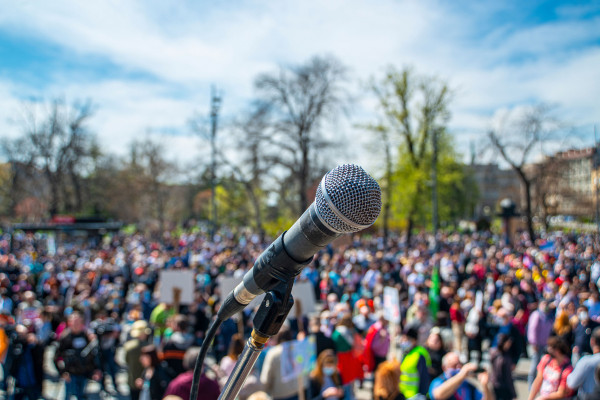
Climate Justice
Climate injustice = those who contribute least to climate change are the ones who are left most exposed to climate hazards and effects and have fewest resources to adapt. This is often caused by systemic injustices in society, or structural conditions that have marginalized communities of color, Indigenous people, people living in poverty, and other persons without equal access to rights.
Climate justice entails (1) recognition of persistent social and racial stratification, (2) ensuring broader capabilities of marginalized groups, and (3) preventing new harm and trauma.Our approach recognizes that justice communities are resilient and have the right for self-determination and thriving.
To address the disproportionate impacts of climate stressors on under-represented populations and to ensure their voices are incorporated into community decision-making (e.g., questions of distributional, contextual, and procedural equity), SCIPP will investigate spatial patterns of vulnerability to climate stressors, social injustice, and disaster recovery disparities in the South Central region by building partnerships with community-based organizations for sustained research collaborations. SCIPP will also assess how climate justice communities are recognized and included in climate planning, to then implement and evaluate community-based research in case-study communities.
